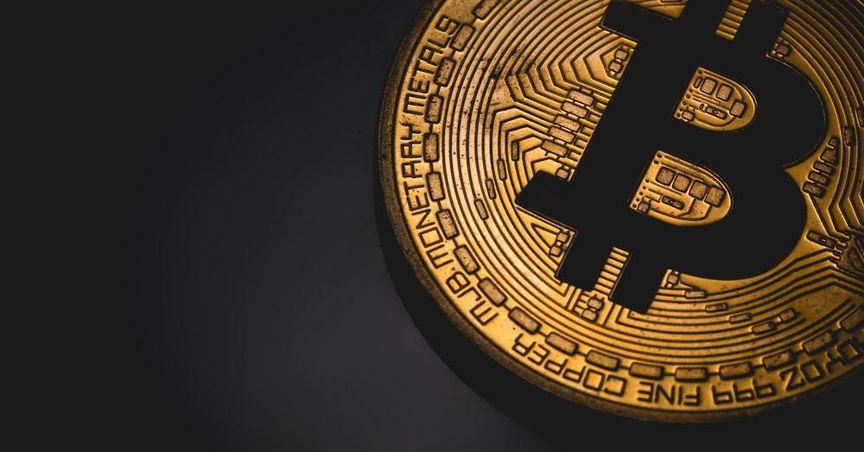Highlights
- Samuel Kullmann leads a push for Bitcoin inclusion in Switzerland’s reserves.
- Swiss National Bank Chairman expresses concerns over Bitcoin’s volatility.
- Despite skepticism, growing crypto support could drive the referendum forward.
Switzerland, renowned for its stability and strong financial institutions, is facing a bold proposal that could dramatically alter its monetary system. Samuel Kullmann, a Swiss lawmaker, has initiated a campaign to include Bitcoin in the Swiss National Bank’s (SNB) national reserves. Supported by the expanding cryptocurrency community, Kullmann’s proposal aims to amend the Swiss constitution and compel the SNB to diversify its financial assets by incorporating Bitcoin alongside traditional assets such as gold. The proposal requires the collection of 100,000 signatures before it can be presented for a referendum.
Growing Support for Bitcoin in Switzerland
The push to integrate Bitcoin into Switzerland’s financial reserves has gained momentum, as the Swiss crypto community rallies behind the cause. Swiss crypto advocates have already presented a plan to the government, urging the SNB to allocate a portion of its reserves to Bitcoin in a bid to enhance the country’s economic resilience. Proponents argue that adding Bitcoin to the mix could help the Swiss economy stay competitive in the face of a rapidly changing global financial landscape.
However, while the movement continues to gather support, skepticism remains prevalent among critics who question whether Bitcoin’s volatility makes it a suitable reserve asset for a country known for its conservative financial policies.
SNB Chairman Casts Doubts on Bitcoin’s Role
Despite the growing support from the crypto community, Martin Schlegel, Chairman of the Swiss National Bank, has expressed significant concerns regarding the inclusion of Bitcoin in Switzerland’s national reserves. In a public statement, Schlegel noted that digital currencies, while growing in influence, remain a niche market. He emphasized Bitcoin’s volatility as a key obstacle to its viability as a stable store of value or medium of exchange within the context of a national reserve.
Schlegel also highlighted environmental concerns associated with Bitcoin mining and its links to illegal activities, factors which complicate its acceptance within traditional financial systems. These reservations underscore the challenges that the proposal must overcome to gain mainstream support.
Public Skepticism and Political Backlash
While the movement to include Bitcoin in Switzerland’s national reserve continues to gain traction, not everyone is on board with the idea. Many Swiss citizens remain doubtful about the practicality of the proposal and its chances of success. Critics argue that the push is more of a political gesture than a serious attempt to incorporate Bitcoin into the nation’s monetary framework.
Some commentators, such as @PB3g3r, contend that the Swiss people will not embrace the idea of incorporating Bitcoin into the country’s financial structure, pointing out that Switzerland’s established banking system has long been trusted to manage reserves responsibly without the need for cryptocurrencies.
Bitcoin’s Growing Influence in Swiss Politics
Although Bitcoin’s potential inclusion in Switzerland’s national reserve remains uncertain, the country’s growing interest in blockchain technology is undeniable. Earlier in the year, the Canton of Bern approved a motion to explore Bitcoin mining as a means to repurpose surplus energy, which gained support from a broad spectrum of political parties. This decision signals a broader shift in Switzerland’s approach to cryptocurrency and its potential economic benefits.
Kullmann, buoyed by this early success, believes that Bitcoin could play a key role in shaping Switzerland’s future financial strategy. He remains optimistic that the referendum will draw enough support to propel the Bitcoin debate into the national conversation, further solidifying Switzerland’s position as a leader in embracing emerging financial technologies.


